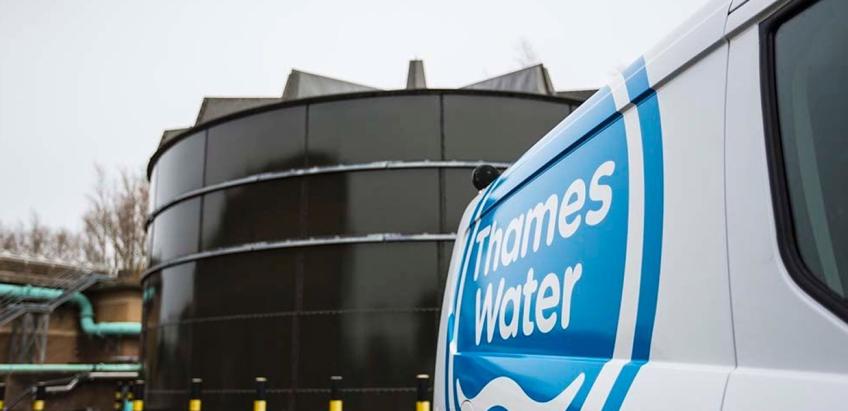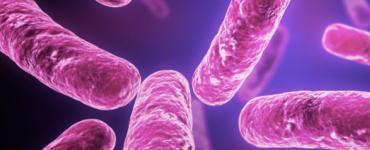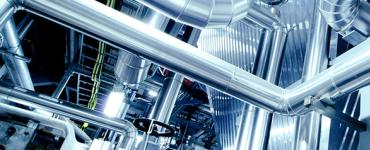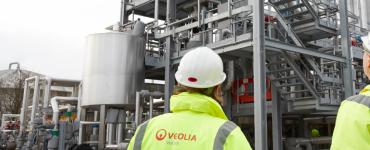- Home
- Case Studies
- Thames Water

Thames Water
Thames Water: Tackling Snails at Slough Wastewater Treatment Works, UK
Client Needs
Slough Wastewater Treatment Works is one of Thames Water’s largest. It has been in existence at its current location since 1938 and now serves a population equivalent of 250,000 using the activated sludge process.
Over the years, Thames Water has made a major investment in improving the works to protect the River Boveney into which the final effluent discharges. On-site sludge digestion to produce biogas means that the works is about 65% self-sufficient in energy.
Our Solution
In 2005, Thames Water installed three of Veolia’s Hydrotech® HSF2220 Discfilters to improve the quality of the final effluent at Slough. The Discfilter uses a series of rotating segmented discs that support 10 micron polyester filter fabric panels. As the wastewater flows from the inside to outside of the disc segment, suspended solids including biomass flocs and precipitated phosphates are captured on the fabric and removed from the effluent. With its low backwash water volume, typically only 1 – 3% of throughput, low power consumption and minimum maintenance by comparison with competitive technologies this proved to be not only cost effective but also sustainable.
In 2016 Thames Water began to experience blockages and subsequent failures of the strainers that protect the backwash nozzles on the Discfilters. On investigation, this proved to be due to an infestation of sewage snails which, over the last few years, have become a major nuisance to the industry. The snails’ shells create serious operational problems right through the process, within aeration basins, secondary clarifiers and tertiary treatment.
Paradoxically, the problem has been created by improvements in treatment process technologies. The combination of low pollutant levels, higher dissolved oxygen, warm water and nutrients provides an ideal habitat for the snails, and removing the shells from the treatment process can be a costly and labour intensive exercise often necessitating a temporary works shut down. As the failure frequency increased, Andy Moore, Thames Water’s Performance Manager, asked Veolia Water Technologies for help.
The Result
Having identified the cause of the problem, Veolia’s engineers designed a modification to the backwash system of the three Discfilters. Retrofitting new self-cleaning nozzles allowed the strainer to be removed whilst obviating nozzle blockage, reducing strainer replacements and lowering maintenance. Andy was pleased with the result: “I estimate we will recover the cost of the modification in under two years”, he says, “and we have now added a fourth HSF2220 Discfilter – with the backwash system upgrade, of course!”













